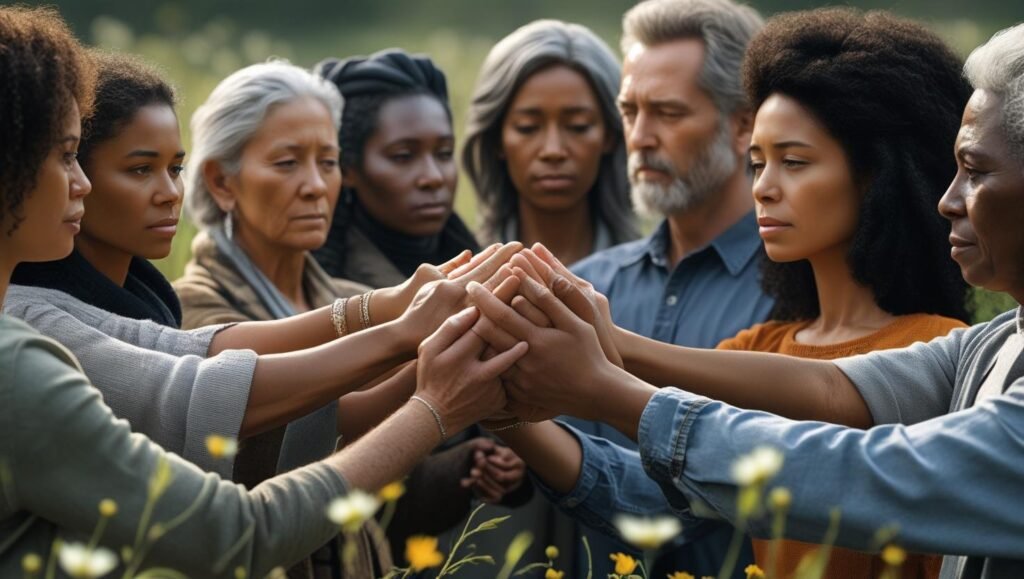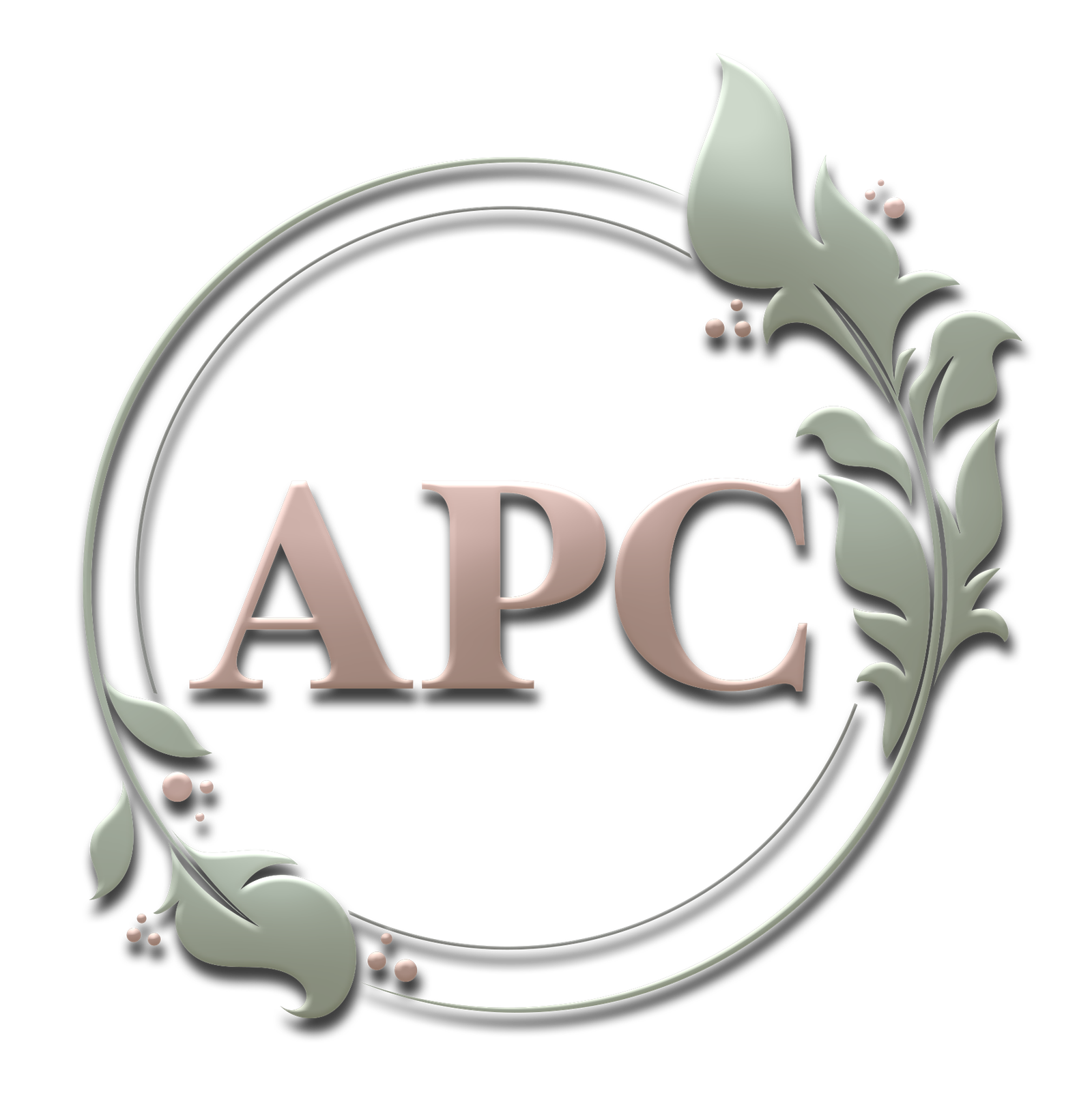Part of The Voice I Almost Lost – Blog #10

by Alana Pierre Curry
Dear Humanity,
We need to talk.
I’m not sure exactly when we stopped seeing each other. I’m not sure when difference became discomfort. But somewhere along the way, we traded compassion for convenience—and it’s showing.
Not long ago, I was having lunch at a Mexican restaurant in San Diego. I noticed a few people nearby wearing the familiar conference name badges, just like I had worn the weekend before while attending a policy conference in D.C. Naturally curious, I asked them what kind of conference they were attending. They replied, “International trade,” and then asked about mine.
I told them I had attended an anti-hunger policy conference.
There was a pause. A blank expression. I repeated myself: “Anti-hunger policy.”
Still nothing. No follow-up. No curiosity. Just silence—and then shortly after, they left.
Now, I have no idea what kind of international trade conference they were part of, and I greeted their answer with genuine interest. Had they done the same, I would have gladly shared a brief summary of my work. But their exit felt like more than disinterest—it felt like discomfort. Like the mere mention of hunger, policy, or potential inequity was just… too much.
Maybe it was political. Maybe it hit too close to home. Maybe they didn’t want to talk about SNAP cuts over enchiladas. But I can’t help but wonder: When did we stop seeing people as people?
And perhaps the better question is: What version of history would we even use to answer that?
I’m reminded of this feeling often—oddly enough, even in movies. My husband and I went to see Mission: Impossible – Dead Reckoning, and I found myself crying at the end. Why? Because the message at the close encouraged a future grounded in kindness, trust, and mutual understanding.
Why should that feel like fiction?
It happens every time a film portrays humanity helping itself. I remember tearing up during Iron Man 3—of all things—when people were falling out of Air Force One and had to link hands mid-air to survive. Yes, Iron Man initiated the plan, but everyone had to grab someone else to make it work. They had to help each other.
It’s a simple idea. So why does it feel so far away?
When it comes to humanity, should political party, skin color, or country of origin matter? Can we not just help one another because help is needed?
While watching Face the Nation, a representative justified proposed cuts to SNAP and Medicaid. And right on cue, his very first argument focused on “people here illegally.”
Here’s the thing: undocumented individuals aren’t eligible for SNAP, and for Medicaid, eligibility is extremely limited—typically restricted to emergency services or for certain lawfully residing children and pregnant women, depending on the state.
So why weaponize that narrative?
Why is it always the go-to?
I won’t use this space to debate immigration policy. That’s not the point.
Who deserves to be turned away from medical care?
The point is this: Who deserves to go hungry?
It’s easy to make broad declarations from a distance—behind a keyboard, through a television, inside a political talking point. But I wonder:
Could you look a hungry person in the eye—no matter their status—and take the food from their hands?
Could you turn away a sick child waiting in a hospital for care, because their paperwork wasn’t in order?
Could you?
I’m grateful to have been born in the United States. But that doesn’t make me better than anyone. It makes me fortunate. If I were ever in another country, in need of help for myself or my children, I would want compassion—not contempt.
So this is my letter to humanity:
Let’s put a face back on what it means to care.
Let’s not be afraid of hard conversations—or honest ones.
Let’s remember what it looks like to reach for someone instead of recoiling.
Because no one should have to prove their worth to be fed, healed, or seen.
With hope,
Alana

My humanity is bound up in yours, for we can only be human together,”
Archbishop Desmond TuTu
Excellent blog!
Thank you!